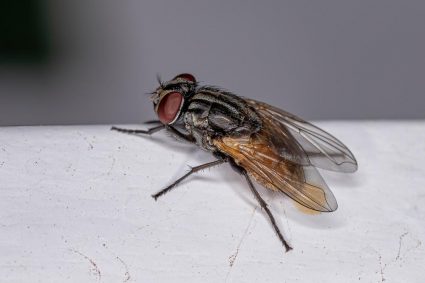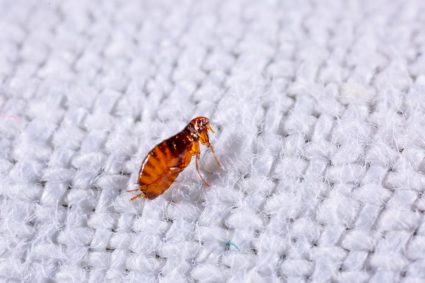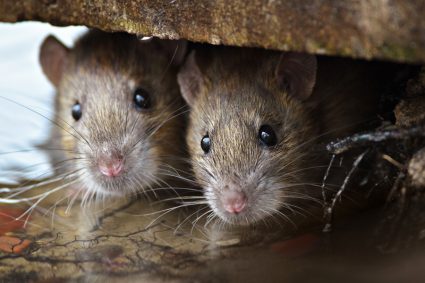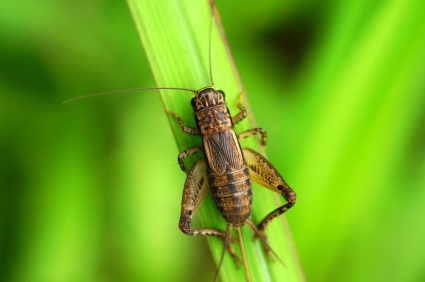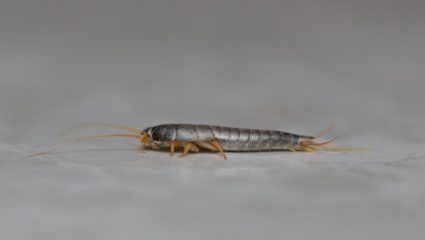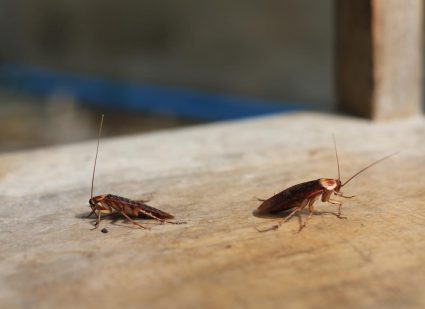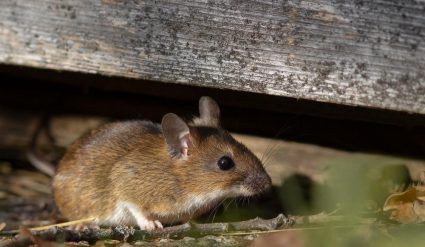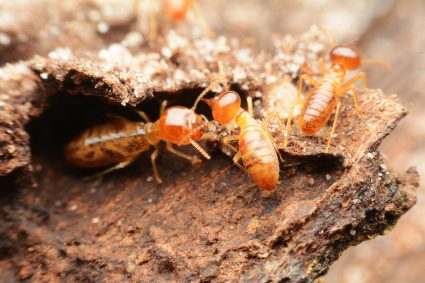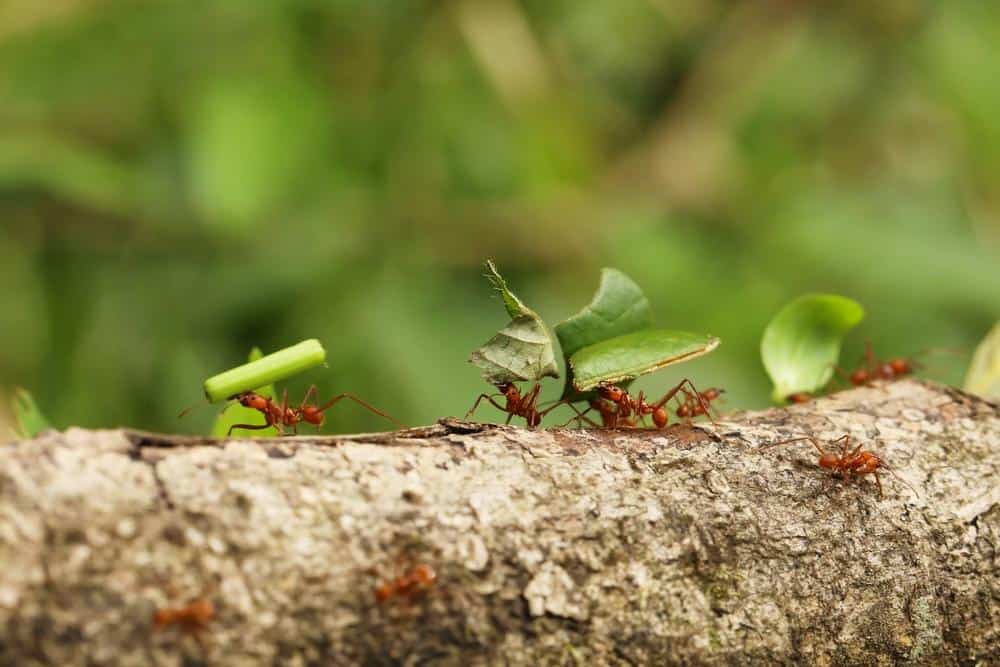
Introduction
Gardening is a rewarding hobby, but it can also present challenges, including managing pests. One such nuisance is the common ant. While ants can benefit your garden by aerating the soil and controlling other pests, their presence can sometimes be overwhelming and problematic. If you’ve been struggling with ants in your flower beds, you’re not alone. In this in-depth guide, we’ll explore effective, environmentally-friendly methods to keep ants at bay.
To keep ants out of flower beds, use ant-repelling plants like mint, lavender, and rosemary around the perimeter of your beds. Apply natural deterrents such as food-grade Diatomaceous Earth (DE) around anthills and ant trails, or use homemade ant deterrents like a mixture of baking soda and powdered sugar or a spray made from diluted lemon juice. Regularly inspect your garden for signs of ant activity and maintain a clean garden area to prevent ants from finding hiding spots.
Understanding Ants in Your Flower Beds
Ants are attracted to flower beds for a few reasons. Predominantly, they seek food sources like nectar, honeydew produced by aphids, or other sweet substances. They can also be attracted to the moist environment that flower beds provide.
The most common types of ants found in flower beds include Black Garden Ants, Pavement Ants, Fire Ants, Carpenter Ants, Odorous House Ants, Argentine Ants, and Formica (Field) Ants. Each of these ant species has different behaviors and preferences, but they can all potentially invade your flower beds.
Signs of Ant Infestation
Identifying an ant infestation early can help you control it effectively. Here are some signs to watch out for:
- Ant trails: Trails of ants in your garden may indicate an infestation.
- Ant hills: Raised piles of soil in your flower beds could be ant nests.
- Plant damage: If aphids are damaging your plants, ants may be present as they protect and feed on aphids.
- Discarded wings: Some ant species, like flying ants, discard their wings, indicating a nearby colony.
Natural Remedies to Keep Ants Out of Flower Beds
There are several natural, eco-friendly methods to deter ants from your flower beds:
- Use Ant-repelling Plants: Planting herbs with strong fragrances such as mint, lavender, and rosemary can deter ants. These plants can be strategically placed around the perimeter of your flower beds.
- Apply Diatomaceous Earth (DE): Sprinkle food-grade DE around anthills, ant trails, and other areas where ants gather. DE is a natural abrasive that can kill ants without harming your plants.
- Homemade Ant Deterrents: A mixture of baking soda and powdered sugar or a spray made from diluted lemon juice can be effective ant deterrents. Ants are also repelled by strong smells like cinnamon and cayenne pepper.
- Soapy Water Spray: A mixture of dish soap and water can be sprayed on affected plants and ant trails. This solution can kill ants and disrupt their pheromone trails.
- Use Coffee Grounds: Ants dislike the smell of coffee. Sprinkle used coffee grounds around your garden to deter ants.
Preventive Measures
Prevention is the best way to keep ants out of your flower beds. Regularly inspect your garden for signs of ant activity and address any infestations promptly. Maintain a clean garden area, free of debris and fallen leaves, to prevent ants from finding hiding spots. Incorporate ant-repelling plants into your garden design to create a natural barrier against ant infestations.
Conclusion
While ants can sometimes be beneficial to your garden, it’s crucial to manage their populations to prevent them from becoming a nuisance. By understanding their behaviors and using natural deterrents, you can successfully keep ants out of your flower beds while maintaining a healthy, vibrant garden.
Frequently Asked Questions
What is Diatomaceous Earth (DE) and where can I buy it?
Diatomaceous Earth (DE) is a type of powder made from the fossils of marine organisms known as diatoms. It’s a natural, non-toxic, and eco-friendly substance that’s often used as a pest control method for its ability to kill insects by dehydrating them. You can purchase food-grade DE in gardening stores, home improvement stores, or online.
Can I use any type of soap for the soapy water spray?
It’s best to use a pure liquid soap, like castile soap, for this type of spray. Some dish soaps contain chemicals that could potentially harm your plants. Always test a small amount on your plants first to ensure they don’t have an adverse reaction.
How often should I apply these ant deterrents?
The frequency of application can depend on the severity of your ant problem and the specific deterrent you’re using. In general, it’s a good idea to apply these remedies once a week during peak ant season. However, if it rains, you may need to reapply them more frequently as rain can wash away these deterrents.
Are there any risks associated with using coffee grounds in my garden?
While coffee grounds can deter ants, they can also slightly acidify your soil. This can be beneficial for acid-loving plants like azaleas and blueberries, but less so for plants that prefer alkaline soil. Therefore, it’s important to know your plants’ pH preferences before using coffee grounds extensively. Additionally, coffee grounds should be used sparingly to prevent them from forming a barrier that prevents water and air from reaching plant roots.
Will these methods harm beneficial insects in my garden?
Most of these methods are targeted specifically at ants and should not harm beneficial insects. However, diatomaceous earth can affect any insect that comes into contact with it, so it should be used carefully and strategically to minimize its impact on beneficial insects.

